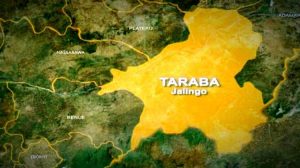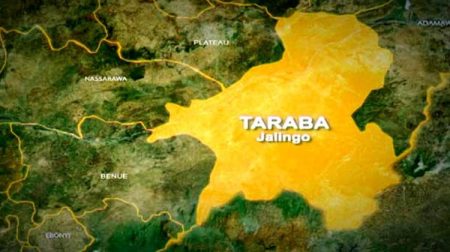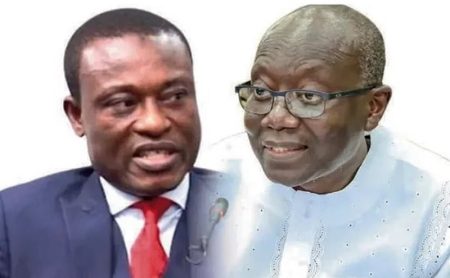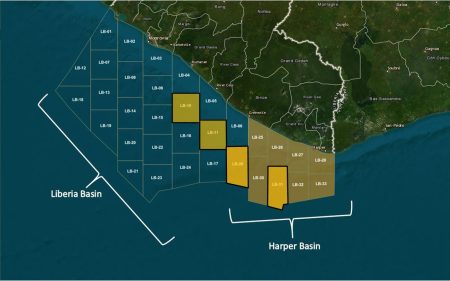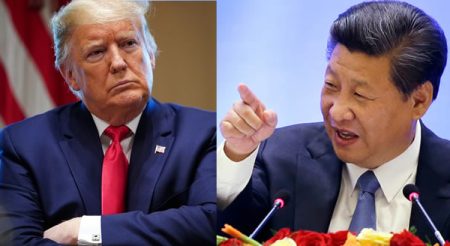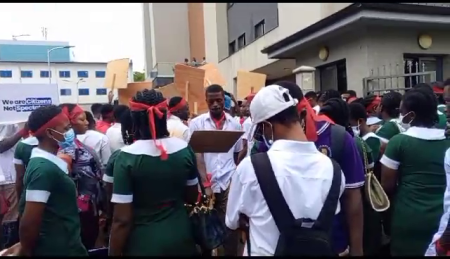The Tour Operators Union of Ghana (TOUGHA) has issued a stark warning regarding significant delays in visa processing at the Ghana Embassy in Washington, D.C., emphasizing the detrimental impact on Ghana’s tourism sector and the potential for irreversible damage to the businesses of its members. The delays, coinciding with the peak summer travel season and the burgeoning “Back to Africa” heritage tourism movement, have created a logjam of unprocessed visa applications, leaving travelers stranded, tour operators facing cancellations and financial losses, and Ghana’s reputation as a welcoming tourist destination at risk. TOUGHA President Yvonne Donkor has called for immediate intervention from the Ministry of Foreign Affairs to address the crisis and prevent long-term damage to the industry.
The core issue revolves around the extended period passports are being held at the embassy for visa processing, often for weeks without any updates or communication to the applicants. This lack of transparency leaves travelers in a state of uncertainty, unable to confirm travel plans, retrieve their passports, or receive any explanation for the delays. Many of these travelers have made extensive arrangements for cultural heritage tours, business trips, family visits, and other purposes, and the visa processing delays disrupt these meticulously planned itineraries, causing considerable frustration and anxiety. The timing of these delays is particularly damaging, coinciding with the peak summer travel season when demand for travel to Ghana is at its highest, exacerbating the impact on both travelers and the tourism industry.
The consequences of these processing delays are multifaceted and far-reaching. Tour operators, who rely on smooth and efficient visa processing for their business operations, are facing significant financial losses due to cancellations and the inability to fulfill booked tours. The uncertainty surrounding visa approvals makes it impossible for operators to guarantee travel arrangements, leading to disappointed clients and reputational damage for the Ghanaian tourism industry. Furthermore, the “Back to Africa” movement, which has significantly boosted heritage tourism to Ghana, particularly among the African American community and diaspora, is being severely hampered by the visa processing bottlenecks. This movement represents a significant opportunity for Ghana to strengthen cultural ties and boost its tourism economy, and the current situation risks jeopardizing this vital source of tourism revenue.
TOUGHA President Yvonne Donkor has stressed the urgency of the situation, highlighting the potential for lasting damage to Ghana’s image as a premier heritage tourism destination. The prolonged delays and lack of communication project an image of inefficiency and unwelcoming bureaucracy, which could deter future travelers and negatively impact the country’s reputation within the global tourism market. Donkor has appealed to the Ministry of Foreign Affairs to take immediate and decisive action to rectify the situation, emphasizing the need for improved communication with affected applicants and the establishment of a dedicated task force to expedite visa processing for those with imminent travel plans.
The proposed task force would focus on clearing the existing backlog of applications and implementing measures to prevent future delays. This could involve streamlining the visa application process, increasing staffing at the embassy, and improving communication channels to keep applicants informed of the status of their applications. By taking swift and decisive action, the Ministry of Foreign Affairs can mitigate the damage already caused and demonstrate Ghana’s commitment to facilitating seamless travel experiences for visitors. TOUGHA has emphasized its dedication to promoting Ghana as an open and welcoming destination and has pledged to work with the government to resolve the current crisis and ensure the continued growth of the tourism sector.
The long-term consequences of failing to address these visa processing delays could be severe, impacting not only the tourism industry but also Ghana’s broader economic development goals. Tourism plays a crucial role in generating revenue, creating jobs, and promoting cultural exchange, and the current situation threatens to undermine these benefits. By working collaboratively with stakeholders like TOUGHA, the government can implement effective solutions to streamline visa processing, restore confidence in Ghana’s tourism sector, and ensure that the country remains a desirable destination for travelers from around the world. The emphasis on communication, transparency, and efficiency will be crucial in rebuilding trust and promoting a positive image of Ghana within the global travel community.



